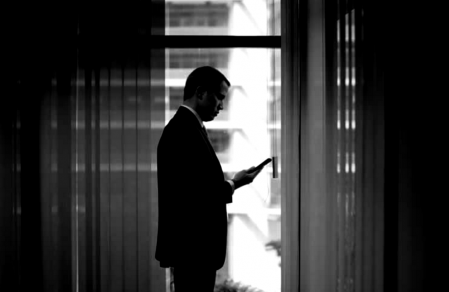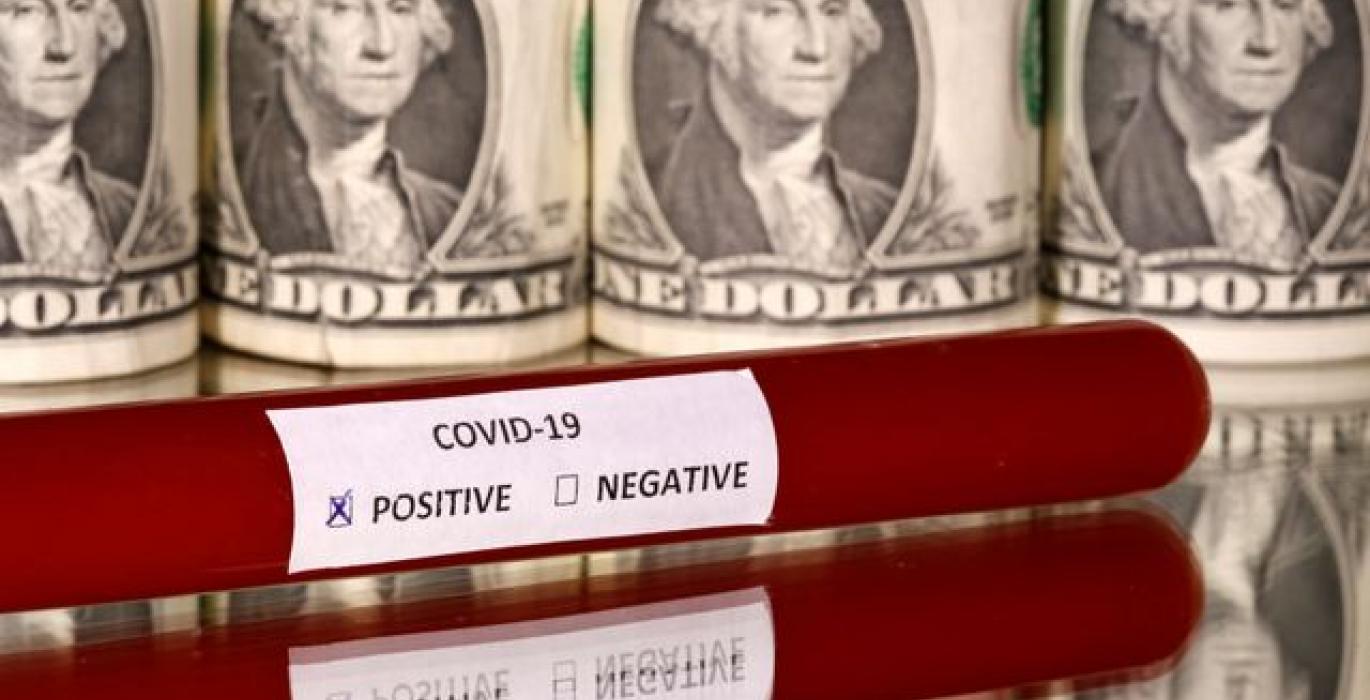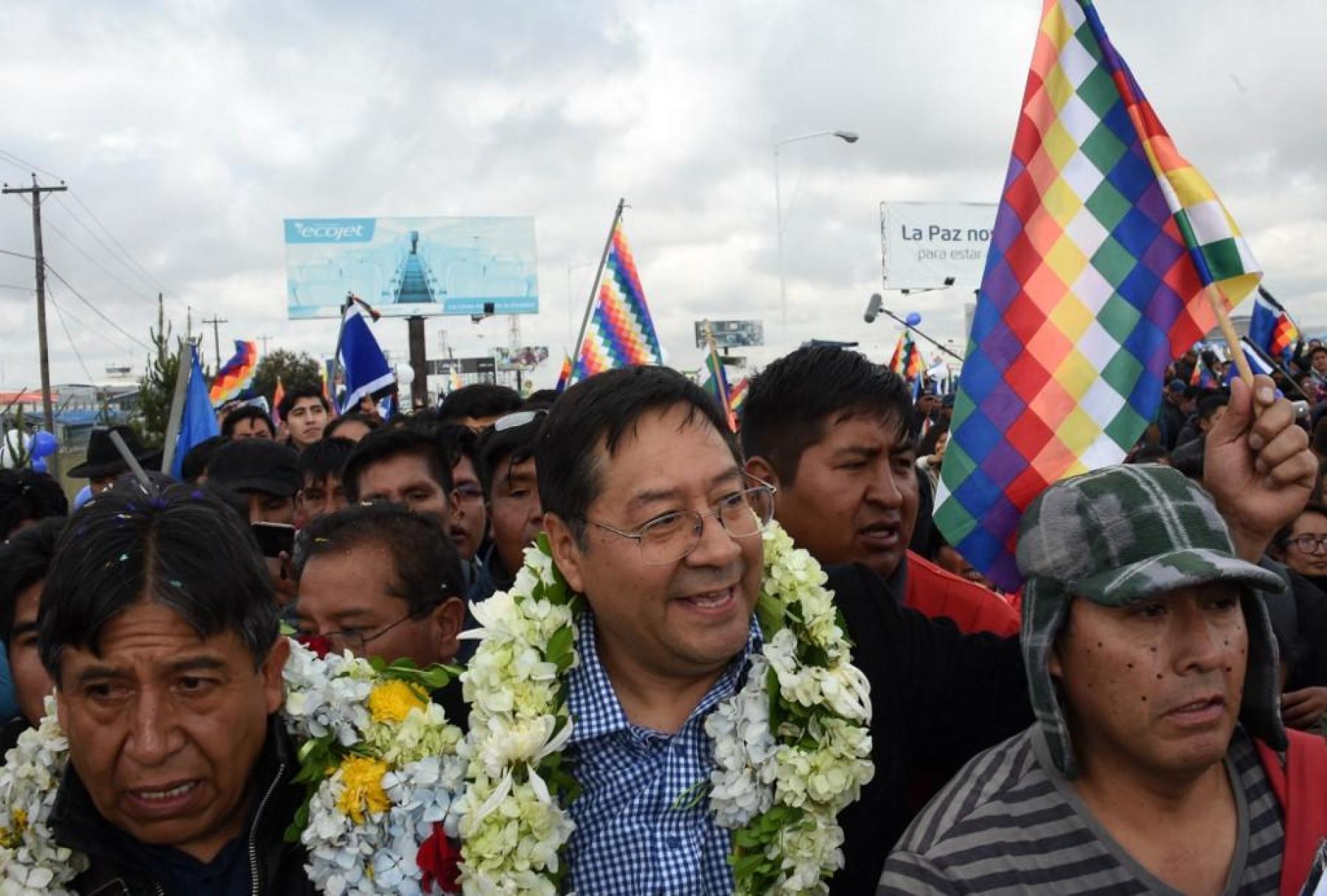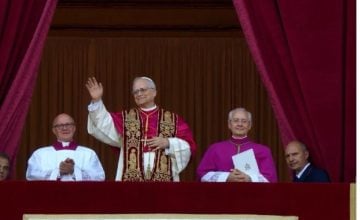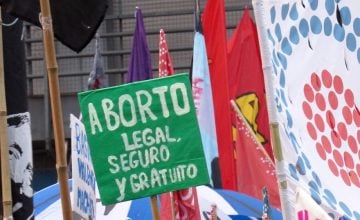It could be the biggest «fake news» that they tried to make, by force, a reality during 2019. Much is still said about the ‘recognition’ of Juan Guaidó by more than 50 governments in the world as «head of the National Assembly» of Venezuela, especially after his self-proclamation as «interim president or managerin charge» of the South American nation.
A year later, he seems to have lost weight after the deputy’s continuous failures in his seditious plans that were financed -mainly- by the United States Government, with the encouragement of the European Union.
Since January 2019, attempts have been made to legitimize Guaidó with the title of «interim president» or «manager in charge» to make him pass as ‘head of State’ of a parallel government in Venezuela.
That plan was based on the spread of false and manipulated news about Guaidó, which tried to misrepresent the reality of the structure of the Venezuelan State, especially related to its constitutional order.
The base used by Guaidó to self-swear as «president» lacked all legality and the nullity of his actions, since the institution to which he belongs -the Legislative Branch- has been delegitimized since January 2016. This happened after his directive disobeyed and disregarded an order of the Judiciary, derived from a decision of the Electoral Power to repeat elections related to deputies who bribed and bought votes to be elected in the state of Amazonas (south of the country).
Then, three years later, Guaidó’s self-proclamation occurs – not only in contempt of the constitutional order – but also in ignorance of the vote of the majority of the population (more than nine million Venezuelans) who elected Nicolás Maduro as Head of State in May 2018 for the period 2019-2025.
Guaidó – supported by the United States financially and encouraged by the European Union and the Organization of American States (OAS) politically and diplomatically – swore himself in a public square as «president» with the argument that Maduro usurped the Executive Power, and thus a seditious plan began with the facade of the creation of a parallel State in violation of the Constitution.
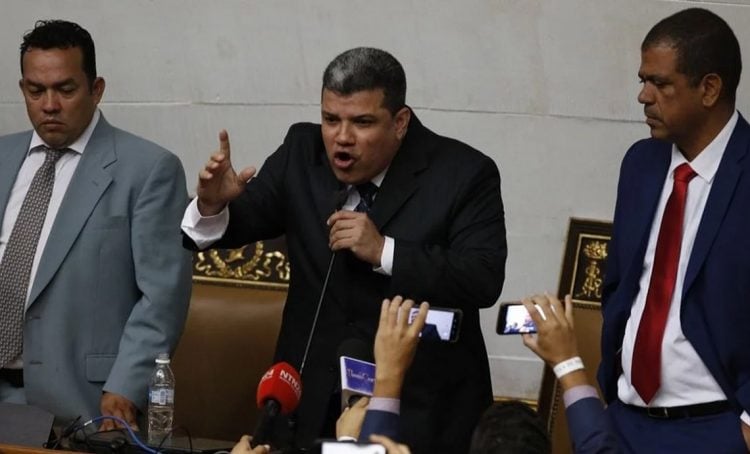
The ‘self-proclaimed’ sought and still insists on forcibly changing the government and seizing the country’s resources, as it has already done with the subsidiaries of Petroleos de Venezuela (PDVSA) abroad, frozen multi-million dollar transactions in international private banking and the intensification of the «total» blockade imposed arbitrarily by the US, that has generated losses to the country valued at more than 116,000 million dollars.
This is how the built image of this deputy elected in 2015 was born, unknown to the Venezuelan political scene and who, with the promotion of international media, became the «leader» of the extremist opposition and even had the support of different sectors of the opponents that have currently been divided into multiple versions.
His support came to count on the convening of important gatherings in eastern Caracas that later became the scene of targeted violence, at which point the media indicated that Maduro had hours left.
This is how Guaidó promised to end «the regime» and «the dictatorship», called it «the cessation of usurpation» and established different dates to finish the ‘task’, but -in conclusion- he could not do it. His false political power and its limitations were exposed after several months, to the point that his credibility fell to a minimum and his popularity lost its appeal.
However, the international media insisted on saying that Guaidó – who lost the presidency of the National Assembly on January 5, 2020 and created a parallel ‘assembly’ to try to continue justifying his supposed interim presidency – is supported by 54 «countries», But the reality is very different.
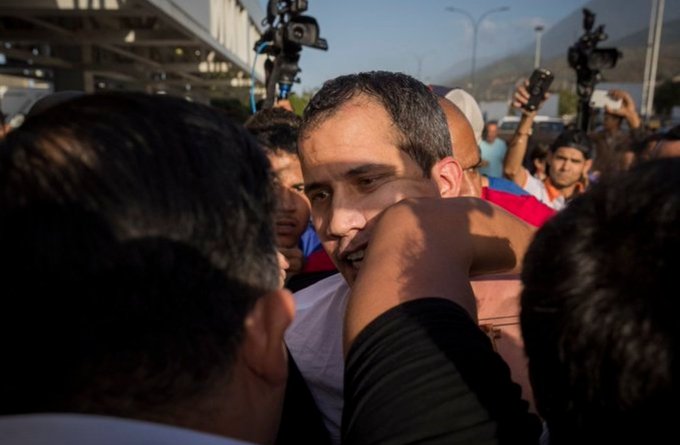
Guaidó for the photo and Maduro for the serious matter
Guaidó -in reality- is recognized as «president» by very few governments, because despite the fact that they treat him as such in the media and in his spokespersons, at the moment of carrying out legal procedures with Venezuela, they go to the constitutional government that is led by President Nicolás Maduro.
For example, of these more than 50 governments that claim to recognize Guaidó, 27 of them still maintain ambassadors for the Maduro government and receive Guaidó «ambassadors» only for political meetings, that is, they legally deal with Maduro and sympathy with Guaidó.
Simply put, diplomatic and consular relations are exercised by Maduro’s ambassadors, consuls, and charge d’affaires. The same happens with the diplomatic personnel of those countries in Caracas, who must deal with Miraflores (Presidential Palace) any type of eventuality.
Among the countries that recognize Guaidó, another 20 States decided to have two representations of Venezuela: that of the deputy and that of Maduro, something that in real terms does not give full recognition to the deputy. Some of these countries are: Australia, Austria, Belgium, Brazil, Chile, Croatia, Denmark, Spain, France, Hungary, Luxembourg, Portugal, the United Kingdom, Greece and Panama.
In the case of Germany, the chancellery chose to recognize Otto Gebauer as Guaidó’s «personal» representative, but Orlando Maniglia Ferreira, appointed by Maduro, is the one who actually runs the embassy.
In the Dominican Republic, Sweden and Switzerland, Guaidó appointed officials, who despite being in those countries do not have diplomatic credentials, and although these nations support him, they maintain those of the Maduro government as diplomatic representatives.
In addition, of the governments that «support» Guaidó, there is a group of seven in which only the diplomatic personnel designated by Maduro are included: Albania, South Korea, Finland, Japan, Haiti, Macedonia and Montenegro.
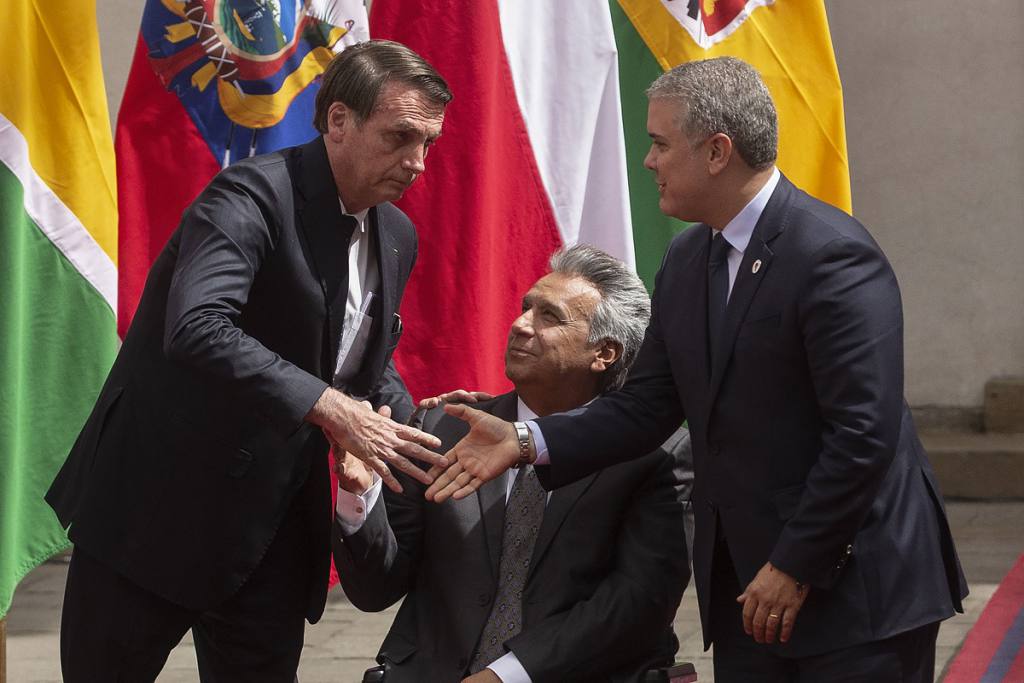
Contradictions in recognition
There are 17 other governments that claim to have only Guaidó’s representatives, including Canada, which since 2017 broke relations with Venezuela; Israel, with which Venezuela has had no diplomatic ties since 2009.
To these are added El Salvador, Costa Rica and Guatemala, which expelled the staff of the Venezuelan embassy designated by Maduro and allowed other civilians to usurp functions at the Venezuelan diplomatic headquarters.
However, the contradiction of these governments regarding the recognition of Guaidó arises because they continue to work with Maduro by maintaining consular representation in Venezuela that must relate to Miraflores, under the argument that they must ensure their citizens.
In the case of Argentina, the new president Alberto Fernández withdrew the credential letters that the Government of Mauricio Macri had given to Elisa Trotta Gamus, representative designated by Guaidó, under special conditions.
On the other hand, the far-right dictator who heads the de facto government of Bolivia, Jeanine Áñez, who proclaimed herself «interim president» after the coup against Evo Morales, broke relations with the Maduro government, recognized Guaidó and he agreed to appoint a representative in that country, but so far, it has not happened.
According to the Venezuelan pollster Datanalisis, Guaidó’s popularity fell from 63% in January 2019 to 38.9% in December of the same year.
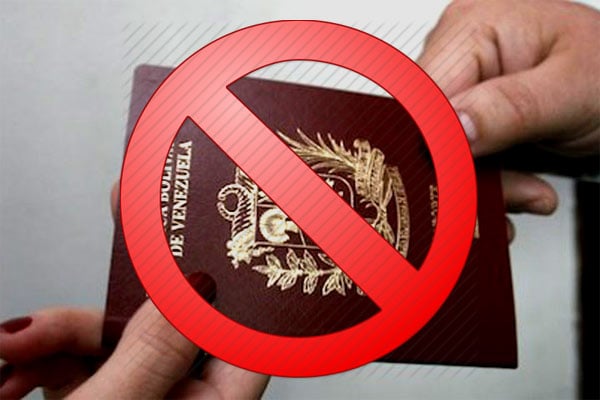
Do expired passports serve those who support Guaidó?
An evident example of the false recognition that Guaidó receives by the governments of other countries occurs in the immigration procedures for Venezuelans.
Only four countries, the United States, Canada, Peru and Ecuador, accept expired passports from Venezuelans, but they require visas to enter.
In addition, Canada, Panama and Costa Rica accept expired passports as identification within their territories, but do not allow Venezuelans with expired passports to enter.
The only countries that can be entered with an expired passport, and only by land, are Colombia and Argentina; while others like Mexico, Brazil and Uruguay still do not have clear rules of what to do or how the process works with venezuelans with expired passports..
In the case of flights abroad, no Venezuelan can leave the country with an expired passport, even if the country of destination accepts it, as it violates the migratory process. In conclusion, the farce – as much as Guaidó and the United States want it to be true – is not true.
Talking about the truth and the lies in this case does not seem to be as complex as presented by international media and the sectors linked to the seditious plan that comes out of Guaidó and the US. It is enough to investigate a little to understand what is really happening, than what may seem at first sight.
With Venezuela there is a scientific and even philosophical truth with which Guaidó has no way to confront. Not only do the data deny his speech, he is also refuted by the law, the facts, the reality.
Not even the sentence attributed to Joseph Goebbels, head of campaign and propaganda of Adolf Hitler and the Nazi party, which indicates that «a lie repeated a thousand times becomes a truth», is supported by so many proofs of its unreality.
